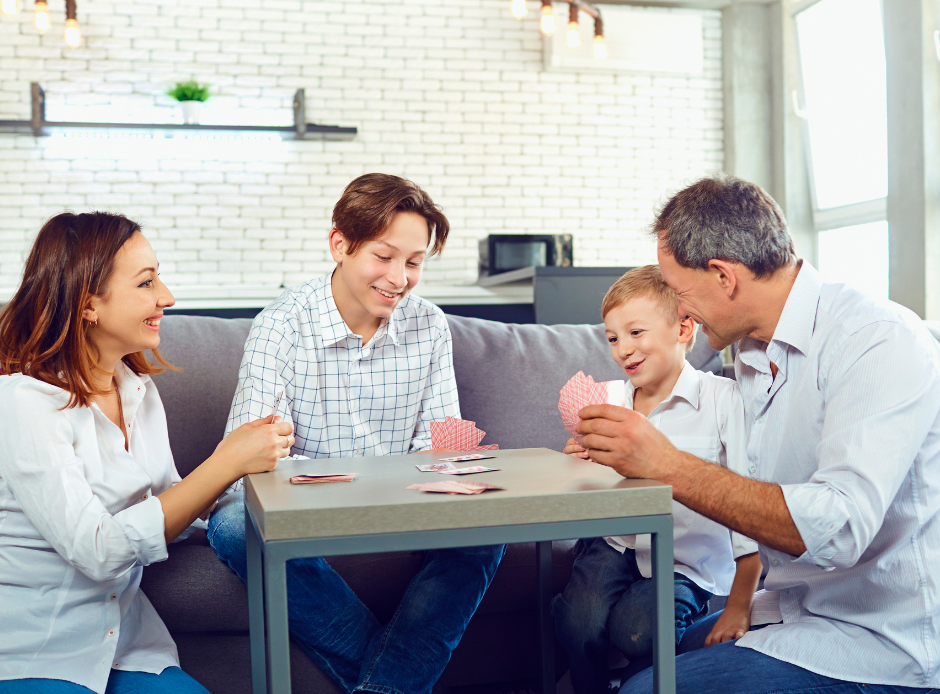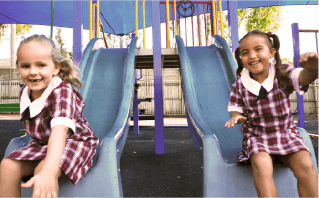
I’m sure every parent dreaded playing games with their children at some point. When I think about the meltdowns, I get heart palpitations. But they are opportunities to build resilience.When it comes to competition, teaching your child how to lose is just as important as teaching them how to win. In fact, learning how to handle defeat is a necessary life skill that can help them in many different areas of their lives. Here are a few tips to help you teach your child how to lose effectively.
6 Way to Teach Your Child How to Lose
Losing gracefully without big explosions of anger and frustration is hard for kids, especially for kids who constantly strive to be perfect. As parents, we can do things to help our children handle the defeat well, without getting angry ourselves.
Loser reminder
Before starting the game, remind your child that someone will lose the game, and it might be them. A gentle reminder might help bring your child’s expectations of winning down and give them a chance to start regulating their feeling.
Demonstrate healthy reactions
Teaching by example is one of the simplest and most effective ways to help children control their reactions to losses.
Let them see you overcome disappointment, congratulate winners, and hold your head up high when you find yourself in defeat.
Point out how well the winner played and the things you were proud of in your performance.
Don’t always let them win
We instinctively want to shield our kids from disappointment. Too often, we allow our kids to win to help build their self-confidence.
Though this can be a good approach on occasion, children can’t learn how to lose gracefully if they never experience disappointment.
It is inevitable that at some point in life, they will lose. This can be a difficult lesson to learn if you had never lost before. Losing in the safe environment of the home is an opportunity for growth as you can help your child regulate their feeling about the loss.
Embrace the chaos
Accept that learning to lose is part of your child’s development, and a meltdown is inevitable. When your child feels angry or frustrated after a loss, help them regulate their feelings by being empathic. Let them know you understand how hard it feels to lose a game, and let them know you are there if they need you.
Give constructive feedback
Once your child feels regulated, spend some time talking about why they lost the game and what they could have done better.
Focus on places that they can improve (you can use the Circle of Control printable to encourage this) and praise the strengths of the winner without being accusatory.
Create a plan to improve performance or strategy with your child.
Teach them the power of “Yet”
“Yet” is one of the most powerful words in the English Dictionary.
When my son yells something like, “I can’t win!” I reply with, “Yet! You can’t win, yet.”
Yet is where we start to understand that we can accomplish things; we just aren’t quite there yet.
Teach your children the power of “yet,” and that with effort and practice, they will be able to improve their performance.
It’s important for kids to learn how to lose. There are many benefits associated with being able to handle defeat, not the least of which is increased self-regulation and resiliency. For more information on teaching self-regulation and resilience from an early age, check out our Mindfulness Book today!
Related Articles
6 Ways to Talk About Big Feelings




